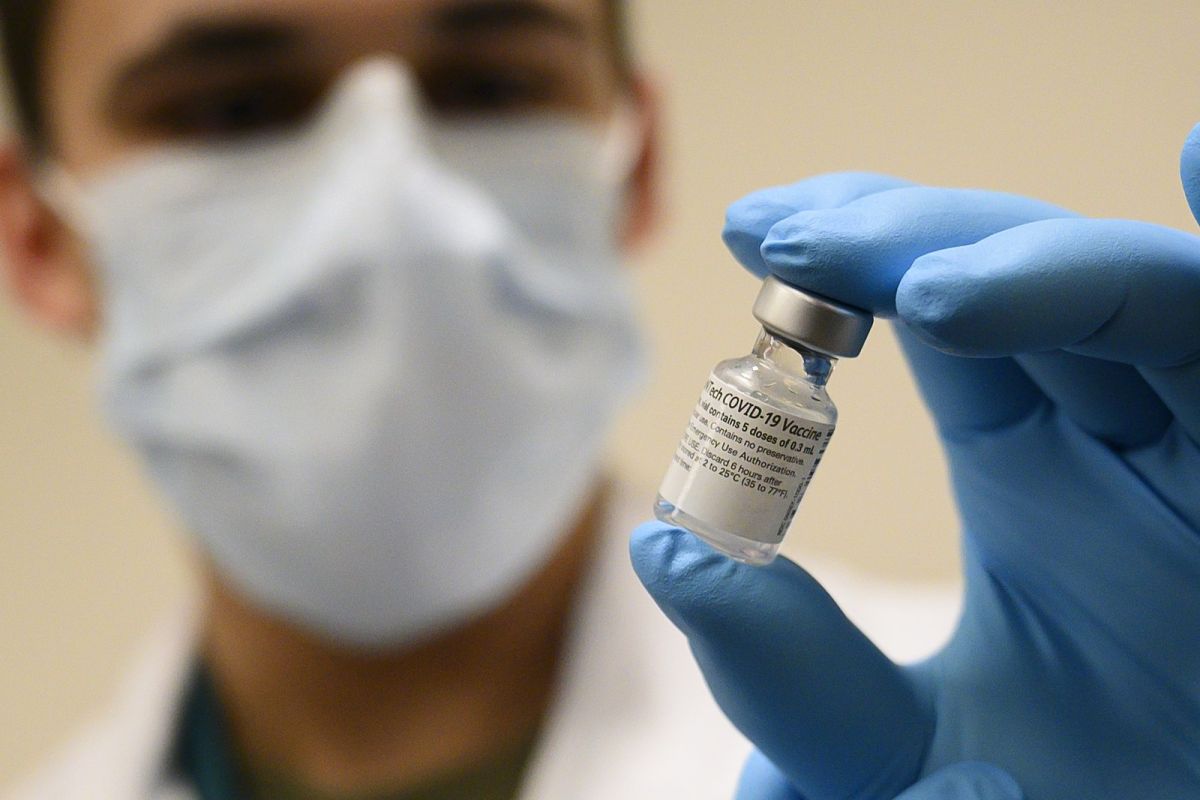How will COVID vaccines be distributed across the globe?

The number of vaccinations are steadily increasing in the UK. To control the global risk of COVID-19, citizens of all countries must be vaccinated. The WHO-backed COVAX scheme is currently underway to provide equitable access of vaccines to less wealthy countries. Alongside the GAVI vaccine alliance and UNICEF, COVAX works with more than two-thirds of the world’s countries. It is attempting to end the pandemic, and provide free healthcare to the people that need it most.
The first countries to receive mass vaccinations through the COVAX scheme were Ghana and Ivory Coast. These began on the 1st of March. Beginning in Ghana, with the most vulnerable and frontline workers, as well as the President Nana Akufo-Addo, the Oxford-Astrazeneca vaccine began to be safely administered.
COVAX: Aims
The aim of Covax is to deliver 2 billion vaccines to 190 countries, including 92 poorer nations. This initiative is important for keeping the people of these countries safe and healthy, by providing immunity against this destructive virus. It also has huge benefits in reducing the global transmission of SARS-CoV-2. Wealthier countries will be much more able to negotiate and afford vaccine contracts. However, every country needs access to vaccines to protect everyone’s safety, including people in the UK.
If people are vaccinated quickly, the virus has less chance of spreading and mutating into potentially more dangerous versions. These versions may render the current vaccines ineffective. The scheme also provides a key level of security, even to the wealthier nations, as an ‘insurance policy’ – in case of a shortage on vaccines.
Throughout history, many nations have lacked access to life-saving medicine. This includes that to help curb the spread of tuberculosis and HIV. The potential of this failure repeating itself is highlighted by the fact that the top 14% richest nations have already bought more than half of all of current promising vaccines.
COVAX is mostly funded through government aid, alongside some philanthropic donations. The US has pledged $4 billion towards the scheme after recently re-joining WHO. The UK has already committed £548 million.
WHO has estimated that global mass vaccinations improve the global economy by preventing the loss of $375 billion each month, so the cost to governments is likely to be a wise economic decision.
No doubt met with challenges, COVAX is an ambitious scheme. However, a global effort to reduce the harm and spread of COVID-19 is necessary in restoring life as we know it and protecting the most vulnerable.







